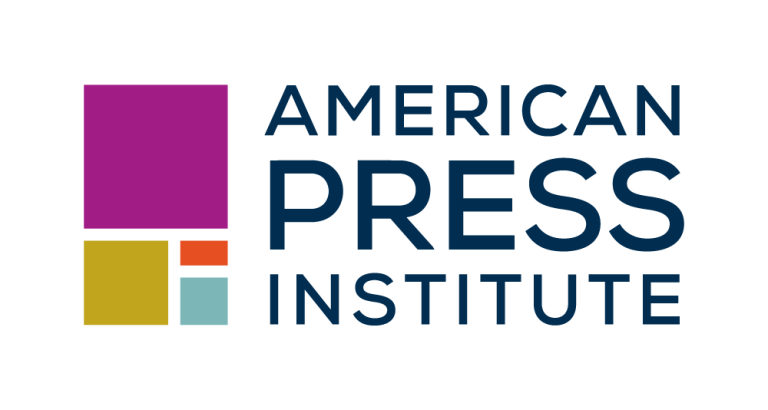Weekly Fiscal Facts are provided to Wisconsin Newspaper Association members by the Wisconsin Policy Forum, the state’s leading resource for nonpartisan state and local government research and civic education. The Wisconsin Policy Forum logo can be downloaded here.
Enrolling in Advanced Placement courses can be an important step in preparing for college success. But to realize the full benefits, students must take and score well on Advanced Placement (AP) exams.
Among Wisconsin students enrolled in AP courses, our research finds significant racial and ethnic disparities in levels of AP test-taking. This means many students of color enrolled in AP courses are not accessing the full range of advantages related to the AP curriculum — and the pandemic may have added to the problem.
We examined data available through the Civil Rights Data Collection (CRDC), a program of the federal Department of Education’s Office of Civil Rights, showing the portion of students who enroll in at least one AP course but do not take any AP exams.
For the 2017-18 year (the most recent for which data are available), 32% of all Wisconsin students enrolled in at least one AP course didn’t take an AP exam. Yet the share was much higher for some groups: 50% of Black students who enrolled in an AP course did not take an exam, nor did 49% of American Indian or Alaska Native students, 43% of Hispanic students, or 37% of students identifying as two or more races.
We find there is considerable variation between Wisconsin school districts on this metric. Of the 10 districts with the highest number of Black students enrolled in AP courses, in 2017-18, six had non-testing rates over 50%. For example, in Beloit and Wauwatosa (the district with the third-highest AP enrollment of Black students), 84% and 82% of Black students respectively did not take the exam.
In Milwaukee Public Schools (MPS), the state’s largest district and the one with the largest number of Black students, 44% of Black students did not take an AP exam, somewhat better than the state average.
While these predate the COVID-19 pandemic, other recent data from the state Department of Public Instruction suggest overall test-taking and some disparities have worsened during the pandemic.
Given the need for increased post-secondary education enrollment and completion for all Wisconsin students as a means of addressing both workforce shortages and income disparities, policymakers may wish to enhance their focus on AP enrollment and test taking.
AP success, in all its forms, provides both financial and academic benefits to students. Opening up the full benefits of AP courses to as many students as possible might be one way to help address one of the most pressing challenges for our increasingly diverse state.
This information is provided to Wisconsin Newspaper Association members as a service of the Wisconsin Policy Forum, the state’s leading resource for nonpartisan state and local government research and civic education. Learn more at wispolicyforum.org.



